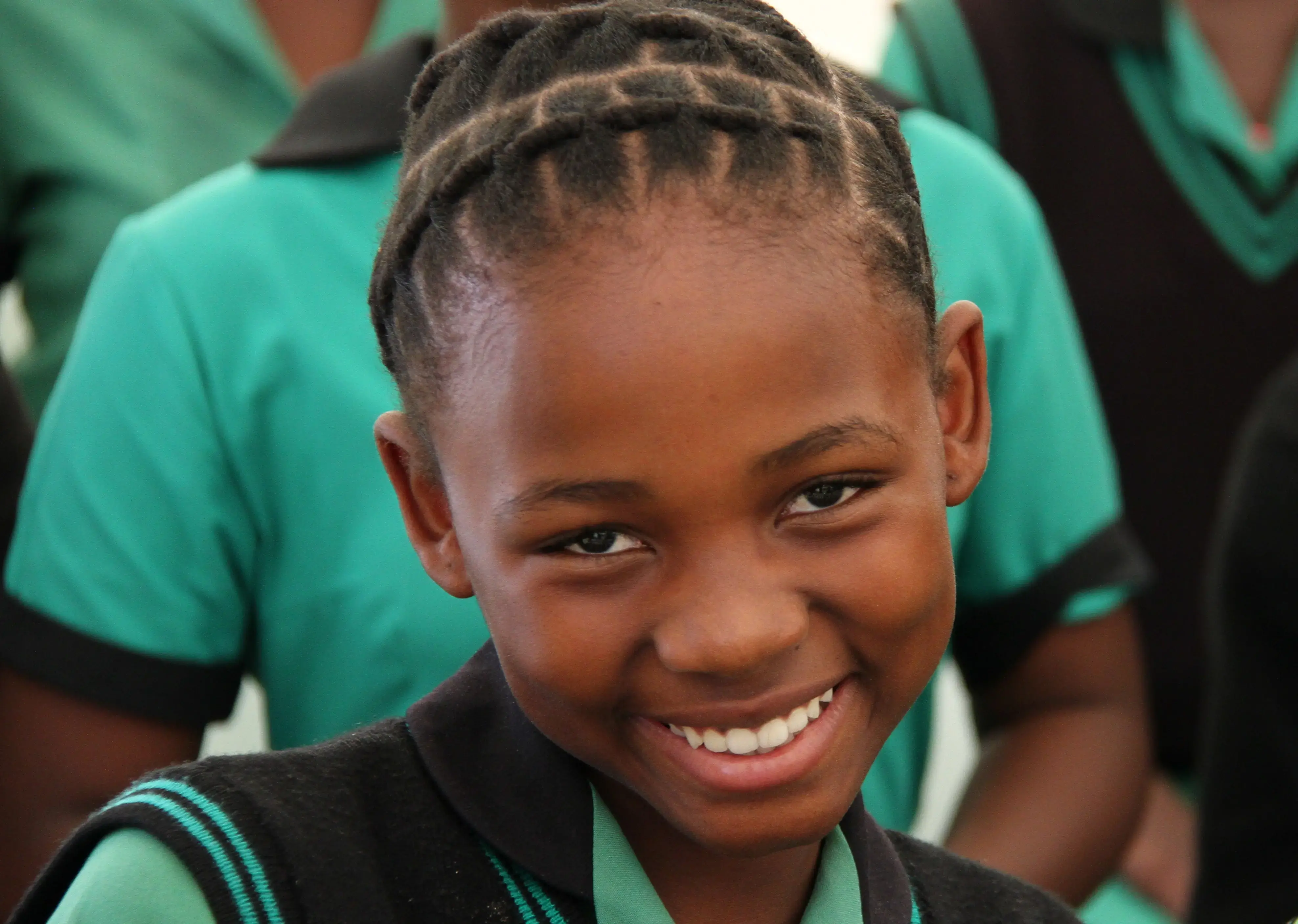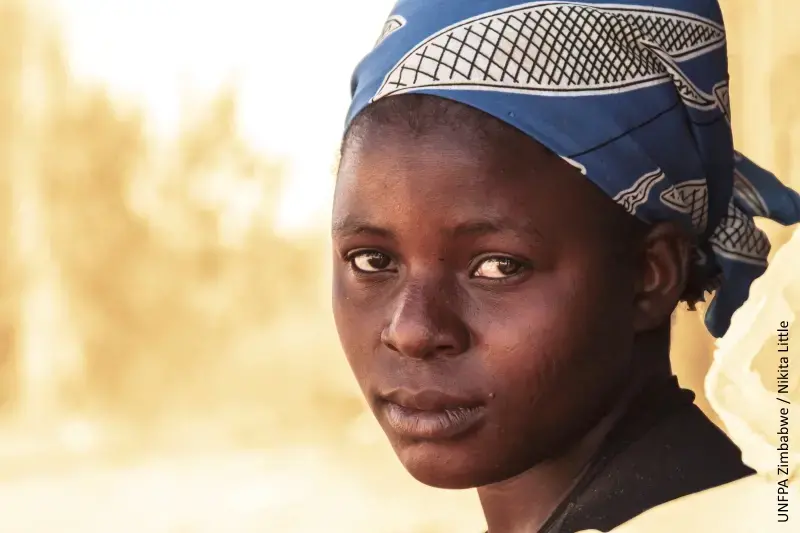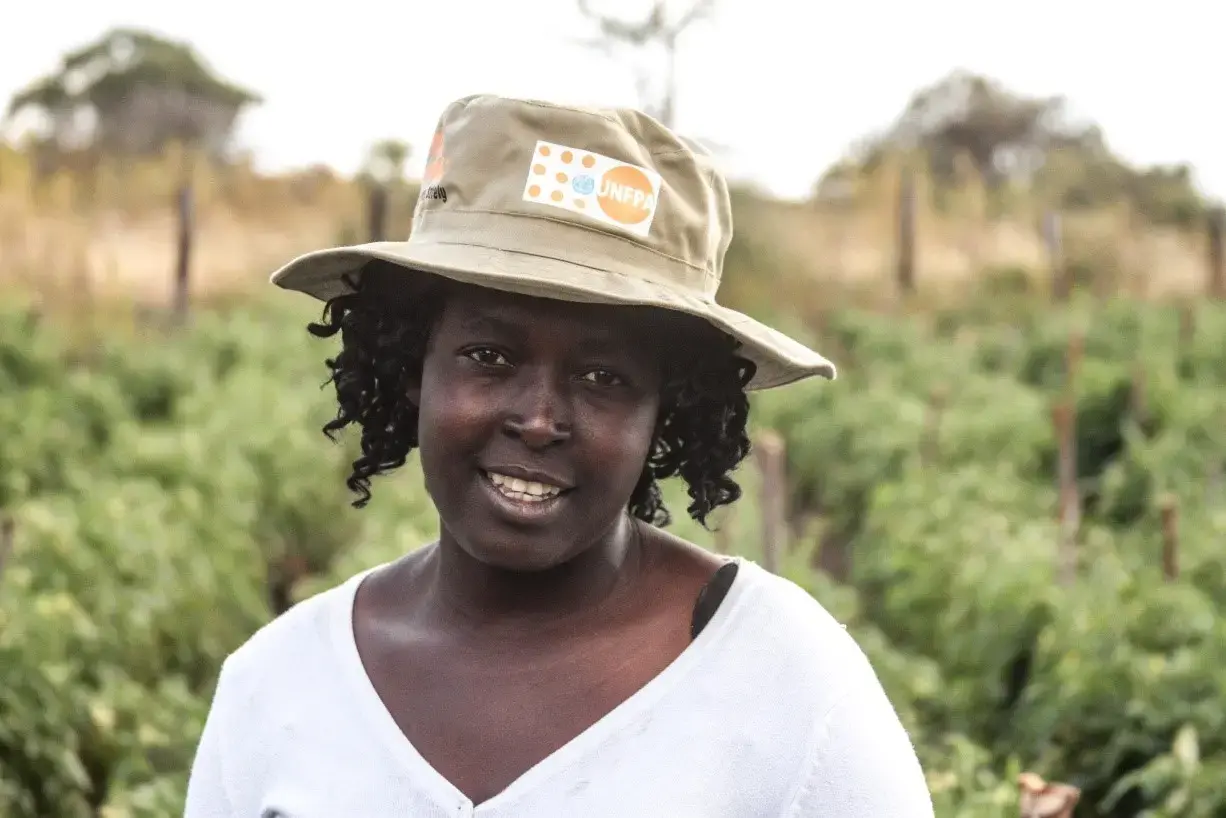Burundi – Twelve-year-old Veva Maëlla Ndabashinze is an exceptional girl. Barely out of primary school, she believes passionately that in the next 15 years she will go far because she has a burning desire to save lives.
“I want to become a medical doctor – a paediatrician, to be precise,” she says. “I dream of saving lives because I see young girls in my neighbourhood giving birth during their teenage years and suffering from this; their babies too. Some even die. I want to help stop the premature deaths.”
Born in Kamenge in northern Bujumbura, Veva Maëlla is reaching out for help to succeed in meeting her personal goals. She also hopes for the same assistance for all Burundian children and young people.
I see young girls in my neighbourhood giving birth during their teenage years and suffering from this; their babies too. Some even die. I want to help. - Veva Maëlla Ndabashinze, 12
For this reason, she challenges Burundi’s decision-makers:
“I would like to get help in finding a school that will train me to realize my dreams. I want to call upon the government to create many more [schools] to give access to quality education for everyone, and especially those who do not have the means to go to school. It is important that every child and young person can have the chance that I have had – to go to school, to be well trained and be able to go further, to develop their families and the country.”

In her neighbourhood, Veva Maëlla has witnessed difficulties experienced by other young people, in particular girls who, out of despair, choose a path that seems the easy way out but instead, often has disastrous consequences:
“I have had the chance to go to school and I succeed with ease. But to young people who have not been as lucky as me, who do not succeed easily or fail to find a job after graduation or simply can’t afford to go to school, I tell them not to despair but to continue to believe [in their future]. Instead of devaluing their lives, instead of hurting their bodies and contracting diseases, they can use their talents to earn a living and develop, instead of self-destructing slowly but surely, as I see often in those around me.”
Girls' reproductive health challenges
In Burundi, girls face distinct health challenges. Early and unwanted pregnancies, school dropout and child marriage negatively affect their reproductive health.
The figures are alarming:
- 11 per cent of adolescent girls (aged 15-19 years) are sexually active.
- 7 per cent have had at least one child, with associated risks of child marriage, school dropout, exposure to HIV and other STDs, and illegal abortions
- 4760 cases of pregnancy among school girls (2009 to 2012)
- 7.38 per cent of maternal deaths occurred among adolescents
- 19 per cent of adolescents are currently married and experience unmet need for family planning
- 40 per cent of gender-based violence survivors are teenage girls.
UNFPA responds to youth challenges
In response to these challenges, UNFPA Burundi in collaboration with its partners has supported the integration of sexual and reproductive health information and demographic concepts in the curriculum for secondary school students.

UNFPA has supported the establishment of a database to monitor teenage pregnancy in the country, as part of a campaign to reach ‘zero pregnancies in schools’.
To help inform young people about youth-friendly health services, Friends of Youth Health Centres (Centre de Santé Amis de Jeunes) have been established. In 2015, 21,000 teenagers benefited from information and services at the Health Center of Reproductive Health Services for Adolescents and Youth.
To de-stigmatize condom use, a mini ‘Condomize!’ campaign was held, at which 200 young people took part and 60 mechanical condom dispensers were installed in 6 provinces.
UNFPA is also investing in the development of young people’s potential. 2,500 young people participated in a summer camp for social cohesion with the provision of voluntary testing for HIV.
In October this year, 100 young people (52 boys and 48 girls) in Bujumbura were trained in entrepreneurship relating to the establishment of income-generating and job-creating initiatives.
UNFPA also advocates to policy makers to take into account the needs of youth and teenagers, especially girls, in decision-making.
UNFPA inspires a 'natural leader'
Despite her tender age, Veva Maëlla has tremendous self-confidence. The fourth of five children, her mother is extremely proud of her. She is a natural leader, Mrs Bakuzako says.
Recently, Veva Maëlla and her mother, Chantal Bakuzako, met the UNFPA Representative for Burundi, Suzanne Ngo Mandong. The occasion was inspirational, says Veva Maëlla: “Meeting her was heart-warming and it encouraged me that I too will be successful in my life because I have great determination.”
By Queen Nyeniteka





